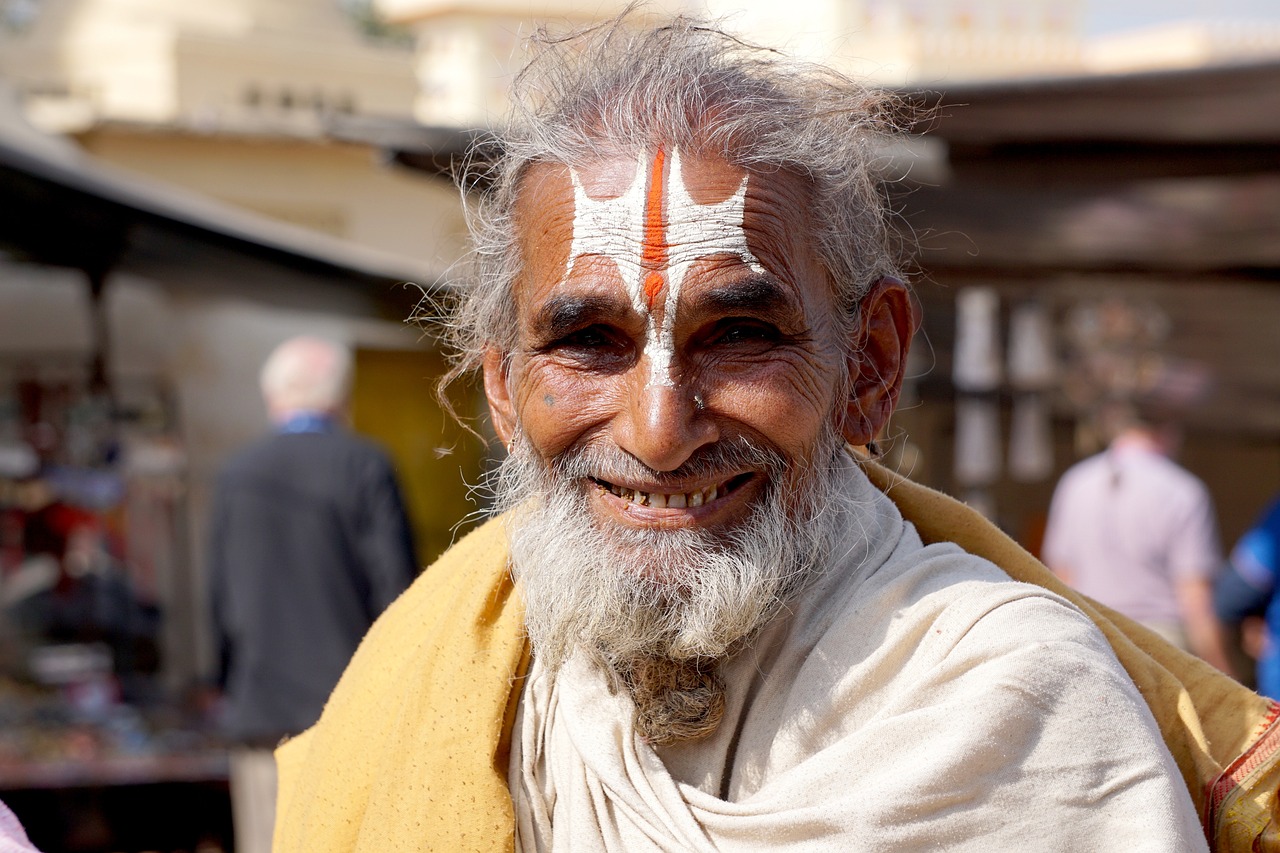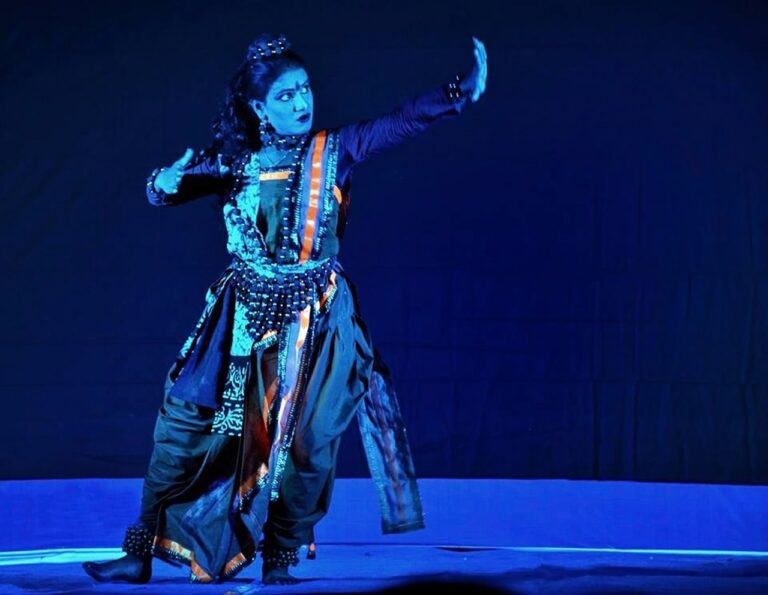Women in Politics: Breaking Barriers in Election Campaigns
One of the challenges that women often encounter during election campaigns is the pervasive gender bias that can undermine their credibility and qualifications. Despite advancements in gender equality, female candidates continue to face scrutiny and criticism that their male counterparts may not experience. This can create an uphill battle for women seeking political office, as they must navigate stereotypes and misconceptions about their abilities.
Another common challenge for women in election campaigns is the issue of balancing family responsibilities with the demands of a competitive political race. Many female candidates are mothers or caregivers, which can make it difficult to devote the same amount of time and energy to their campaigns as their male opponents. This can result in women having to make tough choices between prioritizing their personal and professional lives, which can further hinder their success in the political arena.
Historical Progress of Women in Politics
Throughout history, women have embarked on a challenging journey to break barriers and shatter glass ceilings in the political arena. Despite facing significant opposition and discrimination, trailblazing women have made remarkable strides to pave the way for future generations of female leaders. The suffragette movement in the late 19th and early 20th centuries played a pivotal role in advocating for women’s right to vote, marking a crucial turning point in the fight for gender equality in politics.
As the years progressed, more and more women began to enter the political realm, with pioneers like Shirley Chisholm becoming the first African American woman elected to the United States Congress in 1968. This milestone moment not only symbolized a triumph over racial and gender biases but also inspired a new wave of female political candidates to pursue their aspirations in public office. The gradual increase in the representation of women in politics has been a testament to the enduring dedication and resilience of those who have dedicated their lives to championing the rights and voices of women in the political sphere.
Gender Stereotypes in Political Campaigns
Gender stereotypes continue to play a significant role in political campaigns, particularly when it comes to women candidates. Unfortunately, female politicians often face unfair criticism based on their gender rather than their qualifications. This perpetuates the idea that women are not as competent or capable as their male counterparts.
Moreover, women in politics often have their appearances scrutinized and criticized in ways that male candidates do not. From their clothing choices to their hairstyles, women are held to different standards than men when it comes to their physical appearance. This focus on superficial aspects detracts from the real issues at hand and reinforces harmful gender stereotypes in political campaigns.
• Women candidates face unfair criticism based on their gender
• Female politicians are often judged on their appearance more than male candidates
• Focus on superficial aspects detracts from real issues in political campaigns
What are some common challenges faced by women in election campaigns?
Some common challenges faced by women in election campaigns include sexism, double standards, lack of representation, and gender stereotypes.
How has the progress of women in politics evolved historically?
Historically, the progress of women in politics has been slow but steady. Women have made significant strides in gaining political power and representation over the years.
What are some examples of gender stereotypes in political campaigns?
Some examples of gender stereotypes in political campaigns include the perception that women are not as competent or capable as men, that women are too emotional to hold political office, and that women are better suited for certain types of roles within politics.







